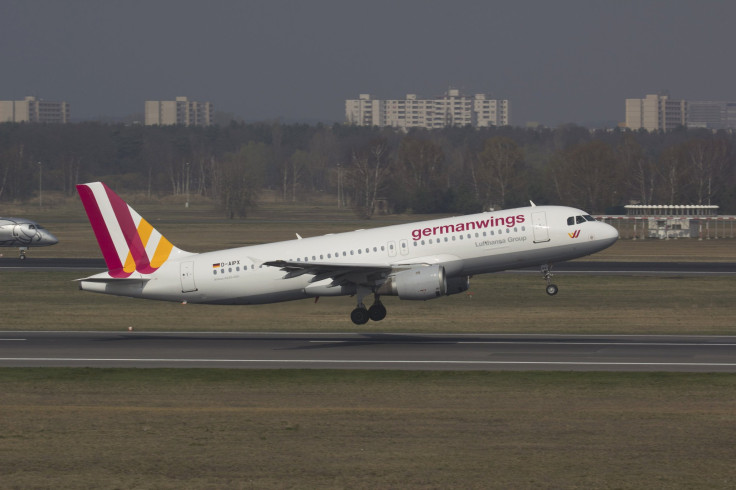Germanwings 9525: How Does An Airline Decide A Plane Is Too Old To Fly?

The Germanwings plane that crashed in the French Alps Tuesday was a 24-year-old Airbus A320, first delivered to Germanwings parent company Lufthansa in 1991. The A320 is one of the safest planes in the world, with 0.24 accidents per million departures, many times better than the world average of 1.44 per million takeoffs from 1959 to 2013 calculated by Boeing. While investigators are working to determine the cause of the crash, some have raised concerns about whether the plane’s age may have been a factor.
The typical lifespan of an A320 is 25-30 years, and it’s not unusual for planes older than that to still be flying. Indeed, Delta, United and American airlines all have large fleets of older jets still in circulation, with excellent safety records. So how does an airline determine when to retire a plane?
“It’s kind of like when we consumers decide to purchase a new car. Has the car become maintenance hungry? Is it getting beat up? Is it unreliable? Airline managers go through a similar decision-making process,” said Brent Bowen, dean of the College of Aviation at Embry-Riddle Aeronautical University and co-creator of the national Airline Quality Rating.
"The main factors behind a decision to retire an old plane are usually financial," added Maxwell Leitschuh, a transportation analyst at iJET Interational. "Older designs are generally less fuel efficient and are more expensive to maintain."
That's because as a plane gets older, parts become more expensive and the aircraft may spend more time on the ground getting checked out, airline industry analyst Henry Harteveldt said. Older aircraft also likely guzzle more fuel than their newer counterparts. As a result, the decision to retire an aircraft is one that involves cost-benefit analysis: Is it cheaper to maintain the plane and keep it flying or does it make more sense to replace with newer aircraft?
“Airlines generally buy aircraft with the intention of operating them for between 10 and 20 years. They may keep them longer, but they purchase and amortize them over that 10- or 20-year schedule,” Harteveldt said. “Once the plane is depreciated, the ownership costs become much lower. What you’re paying for is the operating cost: fuel and maintenance.”
And age itself isn’t really the issue airlines consider when it comes to maintanence. Rather, it’s the number of flight cycles (how many times a plane takes off and lands) and hours in the air, Bowen said. The plane flying Flight 9525 had accumulated 58,300 flight hours in 46,700 flights, according to Airbus.
“Age is not an indicator of safety,” Harteveldt said. “Age is really a function of the quality of maintenance that the airline provides. If an airline doesn’t take good care of an airplane, it can fall apart in a few years. A well-maintained plane can fly for a long time.”
Lufthansa is known for its safety and maintenance standards, Leitschuh said. "The age of the aircraft operating Flight 9525 was relatively old, but it was still a modern, fuel efficient design, and had been owned by Lufthansa/Germanwings since it was built," he said. "Lufthansa’s maintenance standards are considered world class, so an older aircraft that had been maintained by Lufthansa is generally much less of a concern than an older aircraft maintained by less reputable airlines."
A decline in fuel prices may have contributed to some airlines maintaining and flying older planes instead of replacing them with more fuel-efficient ones, aviation consultancy International Bureau of Aviation said. “The lower fuel price may well prove to influence increased maintenance demand if airlines now consider using their older, less fuel efficient aircraft for longer,” President Phil Seymour said in February.
Seymour told CNN at 24 years old, the A320 in Tuesday’s crash was nearing the end of its working life, but that it’s unlikely the age affected safety. "Airlines would usually consider retiring an aircraft at the 25-30 years point because maintenance costs increase beyond that,” he said. "These things fly day-in and day-out and are designed to go on and on. Airlines usually only decide to retire them because maybe there's a younger aircraft that doesn't use as much fuel and doesn't cost so much to run."
© Copyright IBTimes 2024. All rights reserved.





















